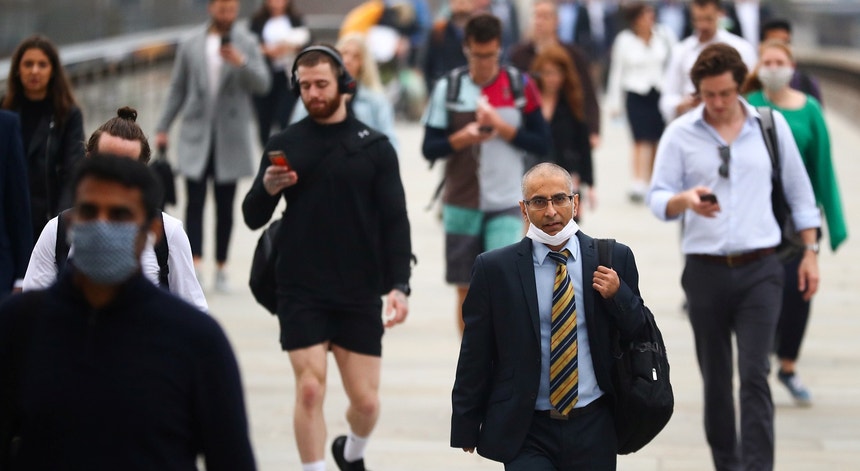“This is the first study to take a comprehensive look at the risk of various fractures throughout the body and human diet,” lead author and nutrition epidemic Tammy Tong of Oxford University told CNN. The researchers concluded that out of 1000 people, 4.1 more fractures occurred in vegetarians and 19.4 more cases were in vegans over a 10-year period.
Nearly 55,000 healthy individuals from the United Kingdom answered a questionnaire related to diet, socio-demographic characteristics, lifestyle and their medical history between 1993 and 2001. The researchers finally classified the respondents according to diet, namely: meat eaters, fish eaters ), vegetarians (no meat and fish, but dairy and / or eggs) and vegans (no animal products).
Proteins and Calcium
A total of 3,941 fractures were found in 2016. Compared to meat eaters, a lower calcium and protein intake means that vegans are on average 43 percent more likely to have fractures in the hips, legs and vertebrae. Vegetarians and pescotarians have a higher risk of fractures in their hips. “Protein and calcium are the two main building blocks of bone,” said Lauri Wright, chair of the nutrition and dietetics department at the University of Florida.
Side note is that the research is not entirely representative. For example, mainly white, European women took part. “Given the limited reflection, the results cannot be generalized to other populations. Further research is needed, ” said Katherine Tucker, professor of nutritional epidemiology at the University of Massachusetts.
BMI
BMI (Body Mass Index) could also play a role in this story. Vegans and vegetarians generally have a lower BMI, as was the case in this study. Lower BMI can also be associated with fracture development in some cases. “Think of less attenuation when a person falls,” the study shows.
–
Lunch Update
An update of the most important news every day during lunch.
Invalid email address. Please fill in again.
read here our privacy policy.
—–
:quality(80)/cdn-kiosk-api.telegraaf.nl/66cb0552-2d84-11eb-9517-0217670beecd.jpg)

